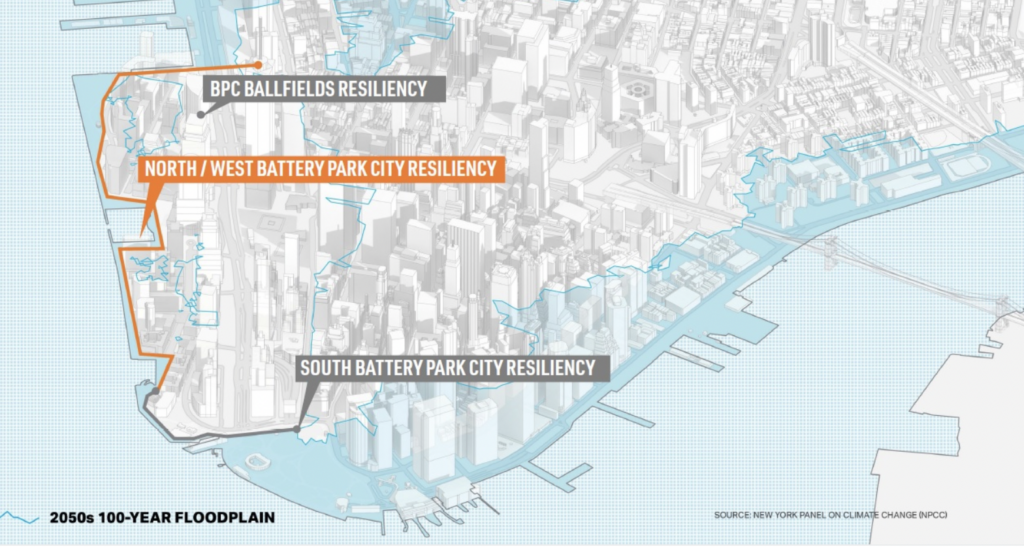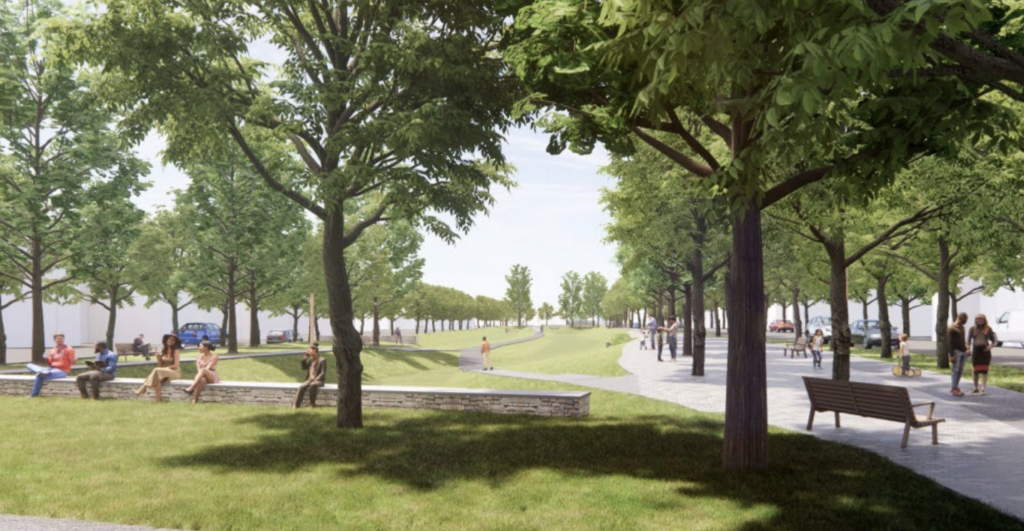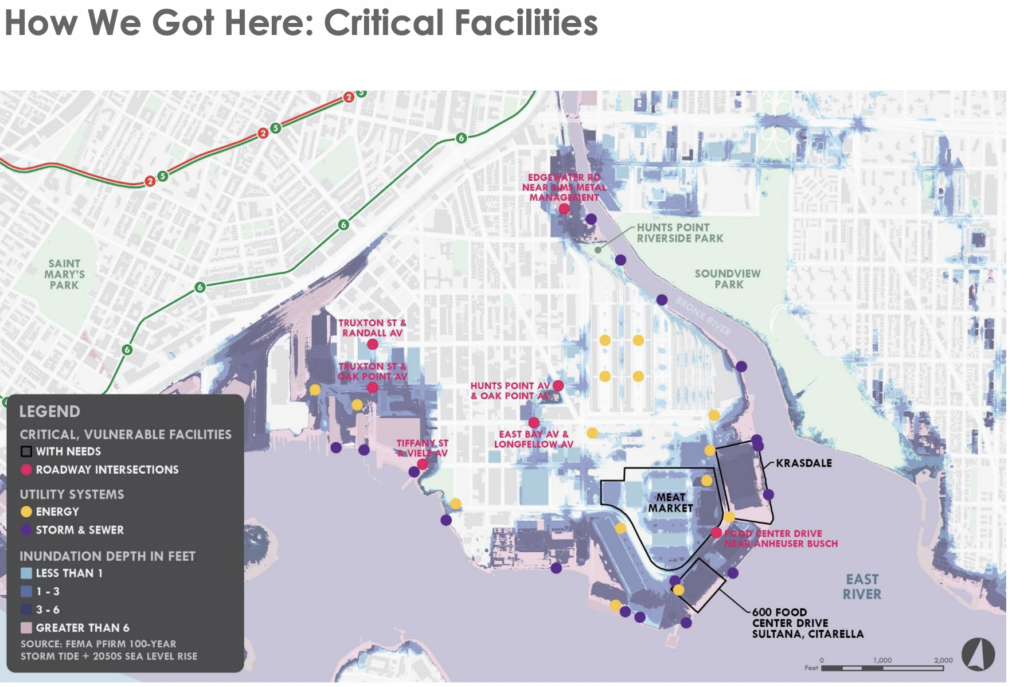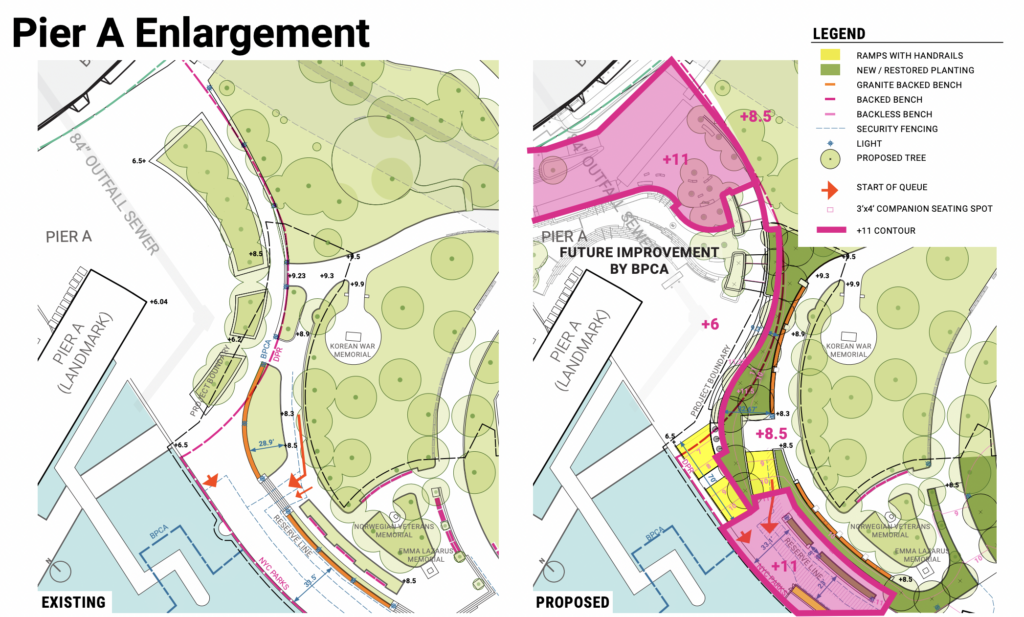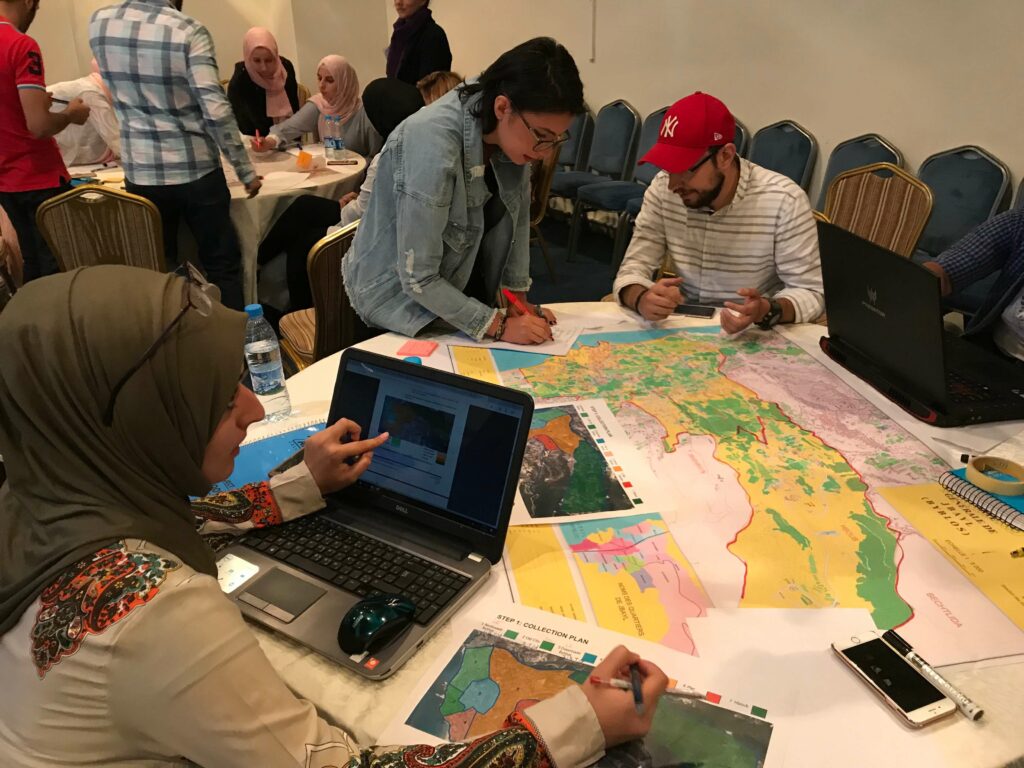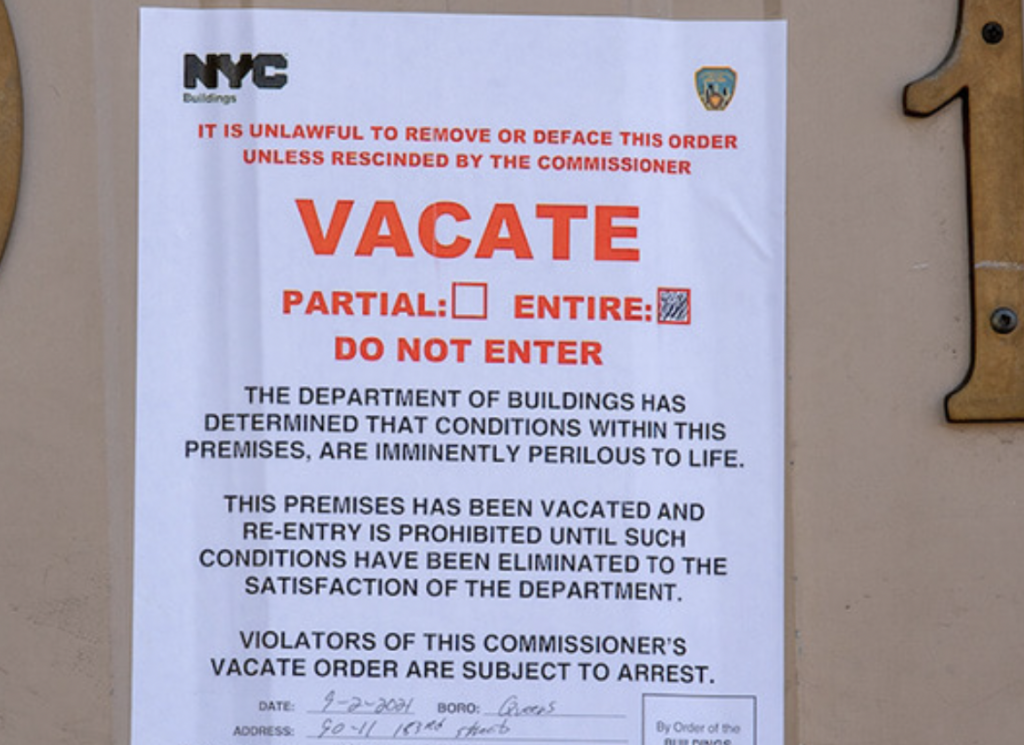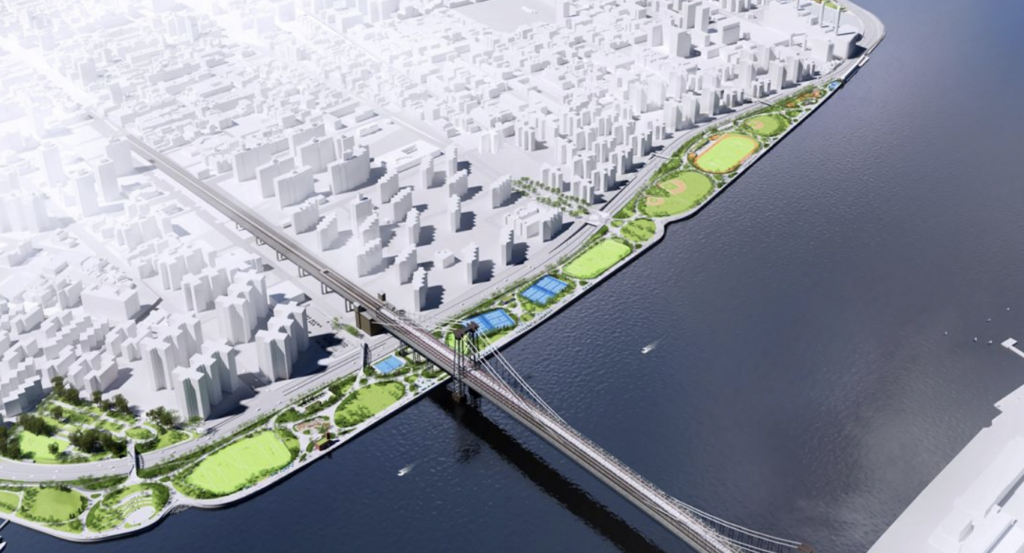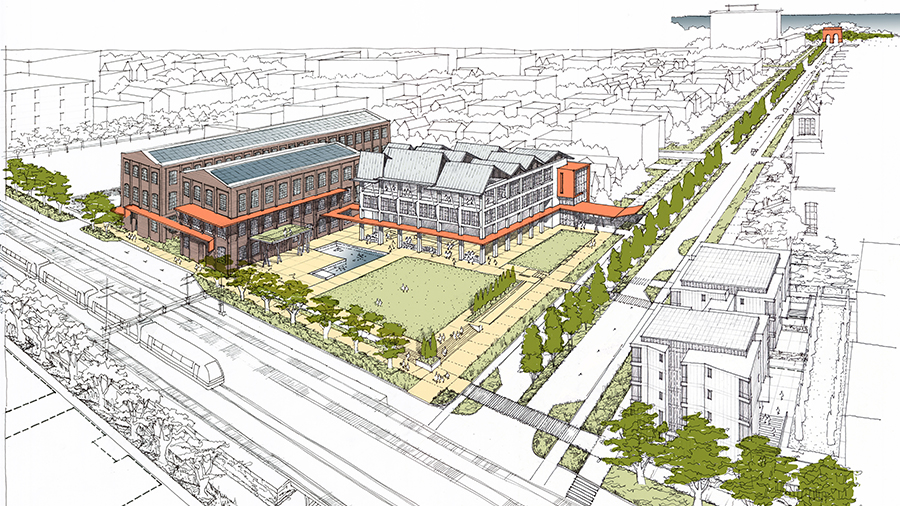BATTERY PARK CITY RESILIENCE INFRASTRUCTURE PROJECTS OCTOBER 2021 UPDATE
The Lower Manhattan Coastal Resilience (LMCR) Project is comprised of four projects: Brooklyn Bridge Montgomery Coastal Resilience, The Battery Coastal Resilience, Battery Park City Resilience Projects, and the Financial District and Seaport Master Planning process. In March, 2019 New York City released a Lower Manhattan Climate Resilience Study which identified a need for the City to initiate the Financial […]
BATTERY PARK CITY RESILIENCE INFRASTRUCTURE PROJECTS OCTOBER 2021 UPDATE Read More »
